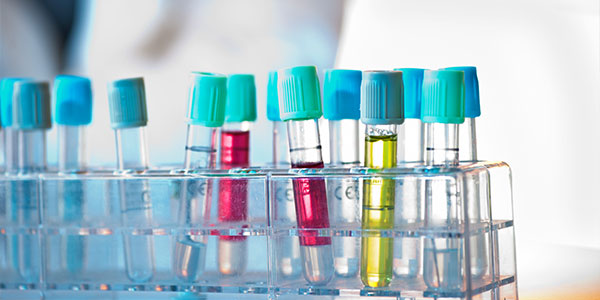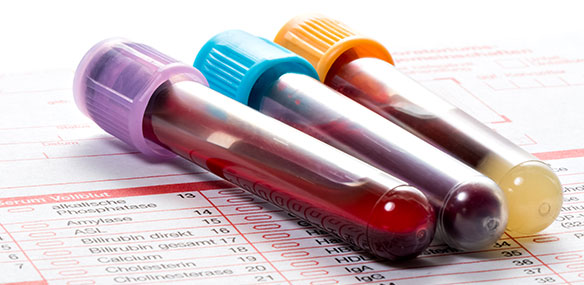Doctors need to collect evidence to get to the root of a medical problem or rule out certain illnesses. Laboratory and pathology tests provide that evidence, so doctors can analyze blood, body fluids or tissue samples to find irregularities in cells or chemical components in your body. Studies show that up to 80 percent of healthcare decisions rely on laboratory data.
Certain diseases may require ongoing monitoring to find out how well your treatment is working or to help your doctor determine future treatments. Even if you’re feeling healthy, your doctor may order certain tests as a way to establish a baseline for you. Future tests will be compared to this baseline, helping your doctor flag any changes that may require closer attention. Remember, abnormal results can show up even when you’re feeling fine. Lab tests reveal information your doctor cannot discover during your regular physical exam.

Pathology tests examine tissue, cell or fluid samples under a microscope. Examples of pathology tests include the state-of-the-art ThinPrep Pap test, which can detect pre-malignant and malignant cervical disease better than a standard Pap smear.
Using emerging technology can help medical staff identify disease earlier and more accurately. Labs affiliated with the Sutter Health system perform many thousands of tests each year, which means our lab technicians and pathologists have extensive experience. All labs are licensed by the State of California's Department of Health Services and certified as CLIA (Clinical Laboratory Improvement Amendment) laboratories.












